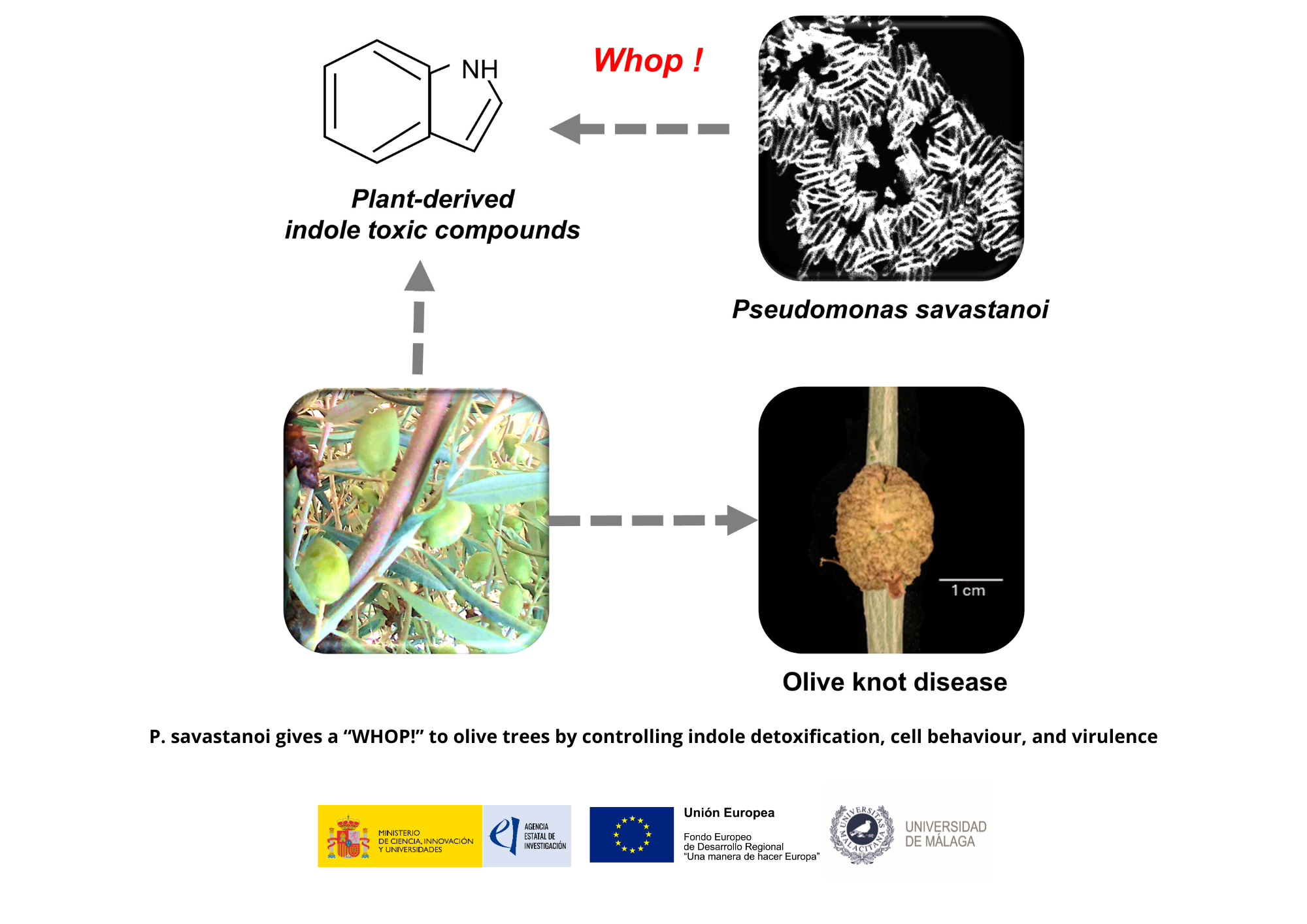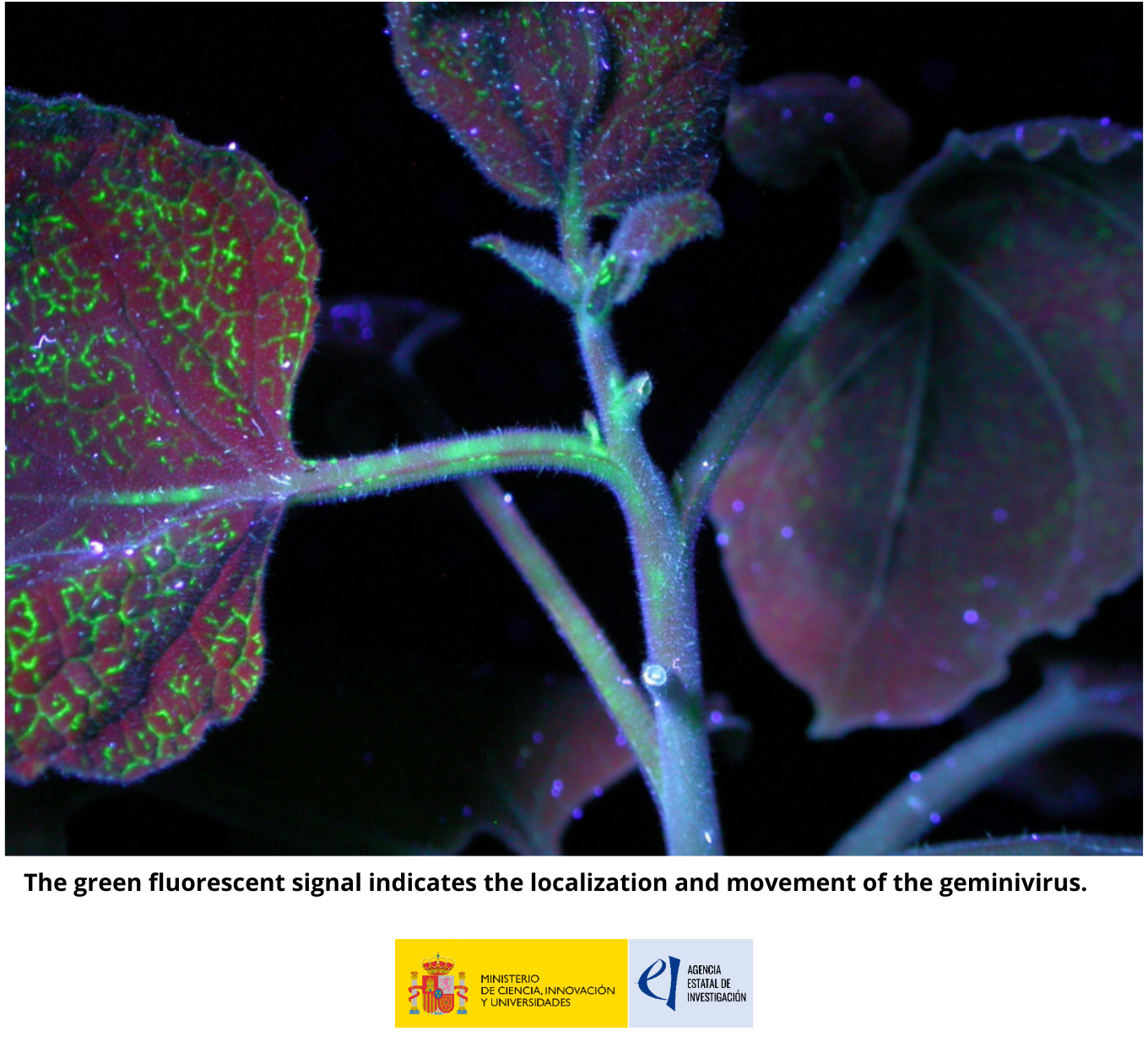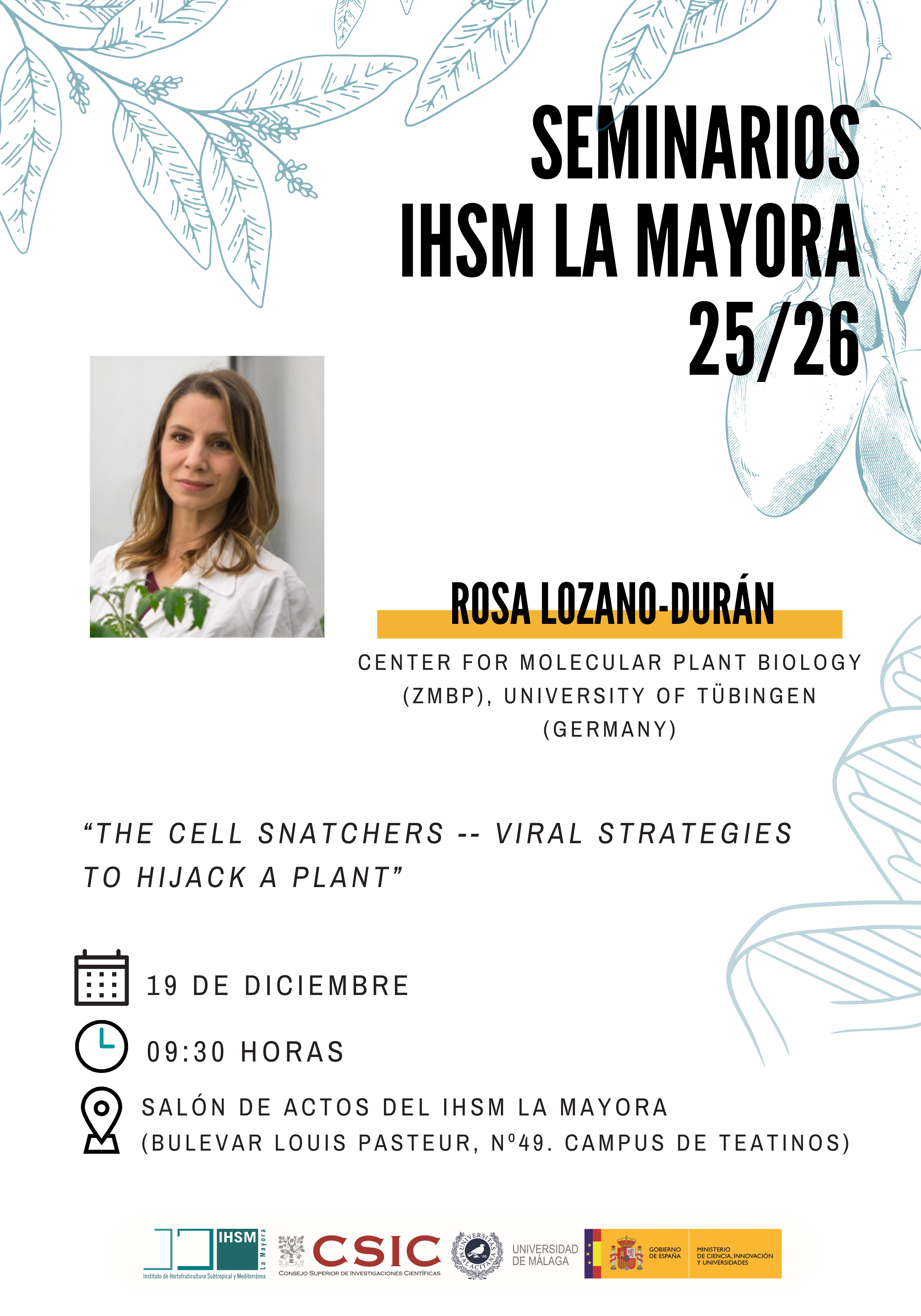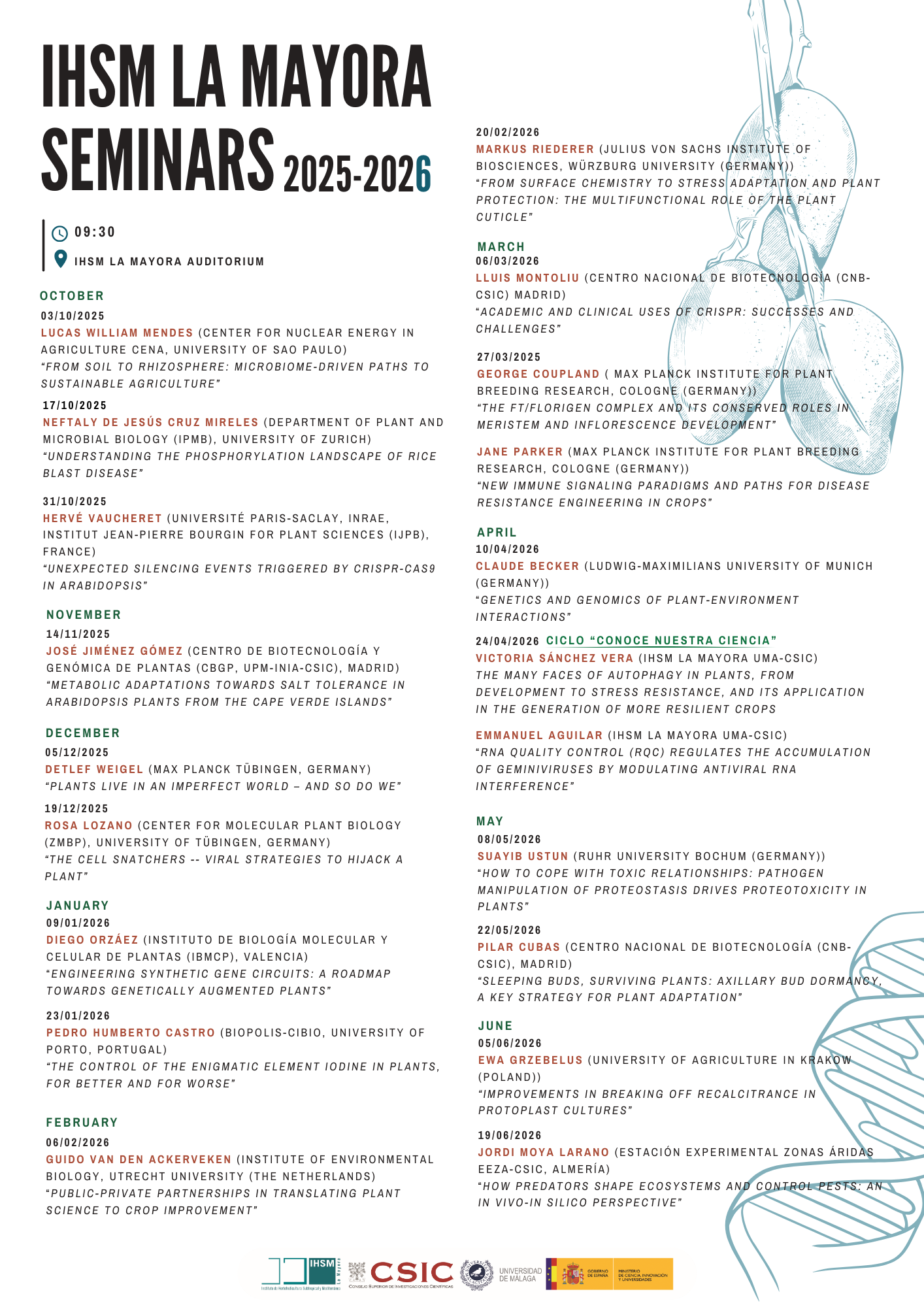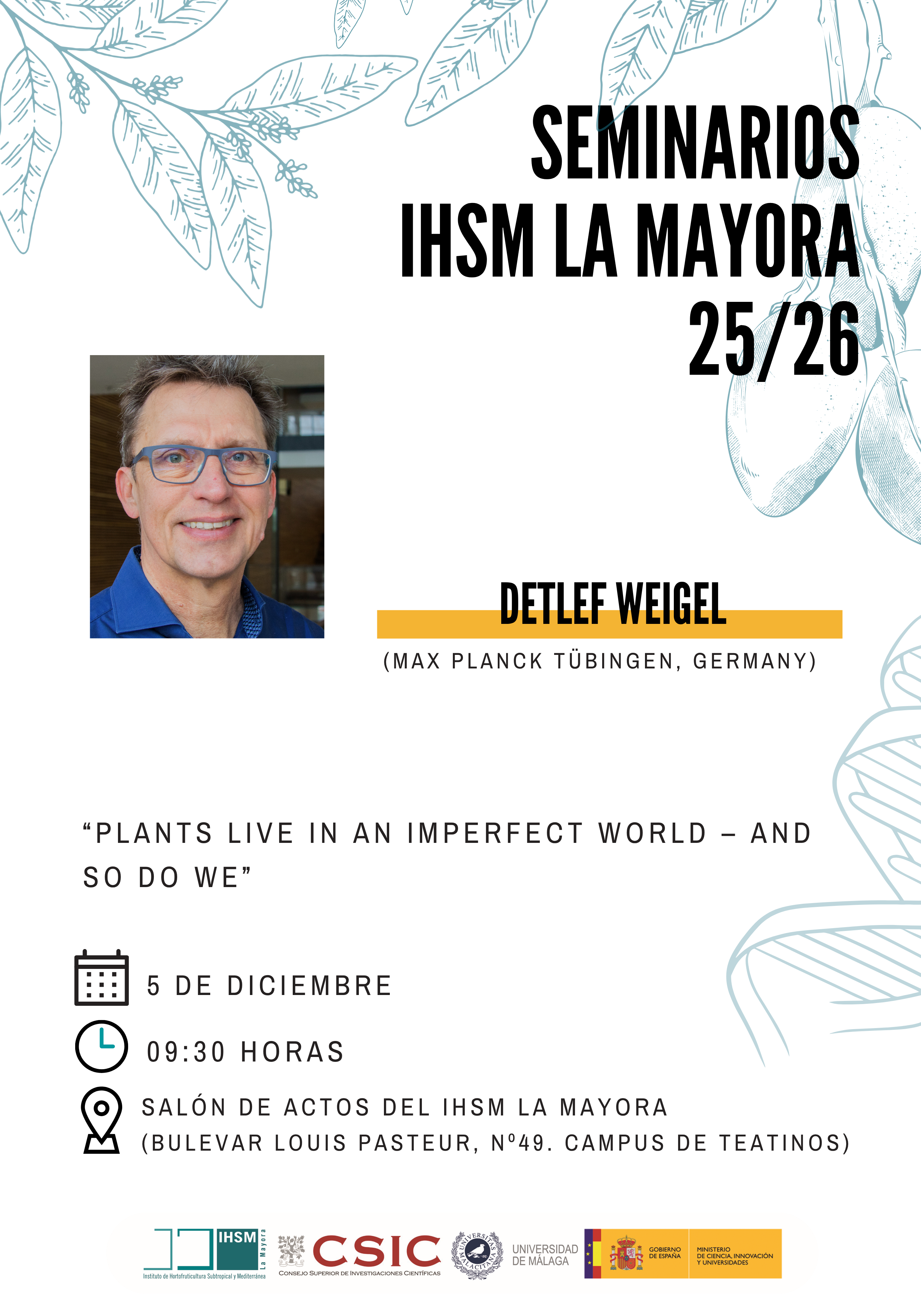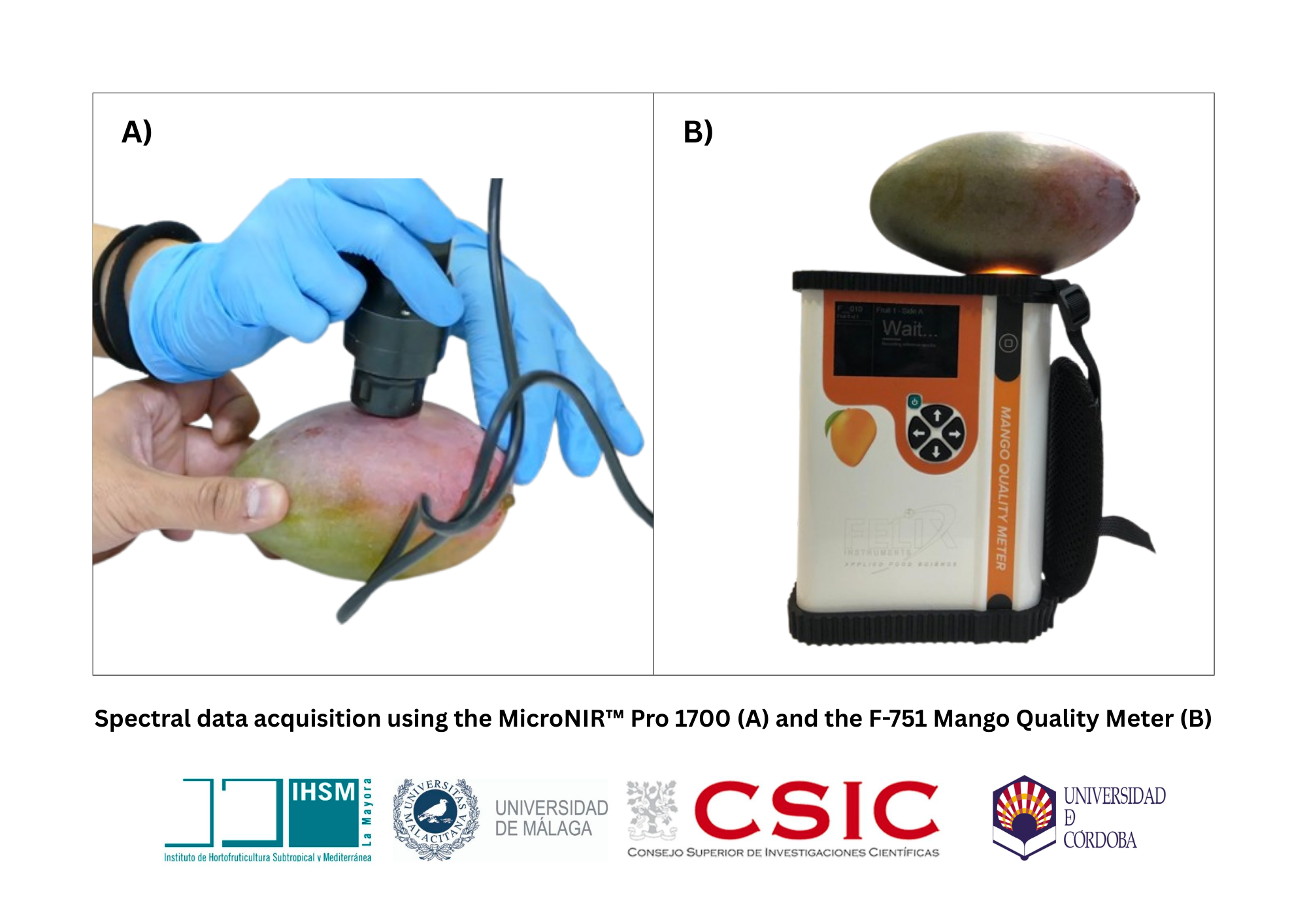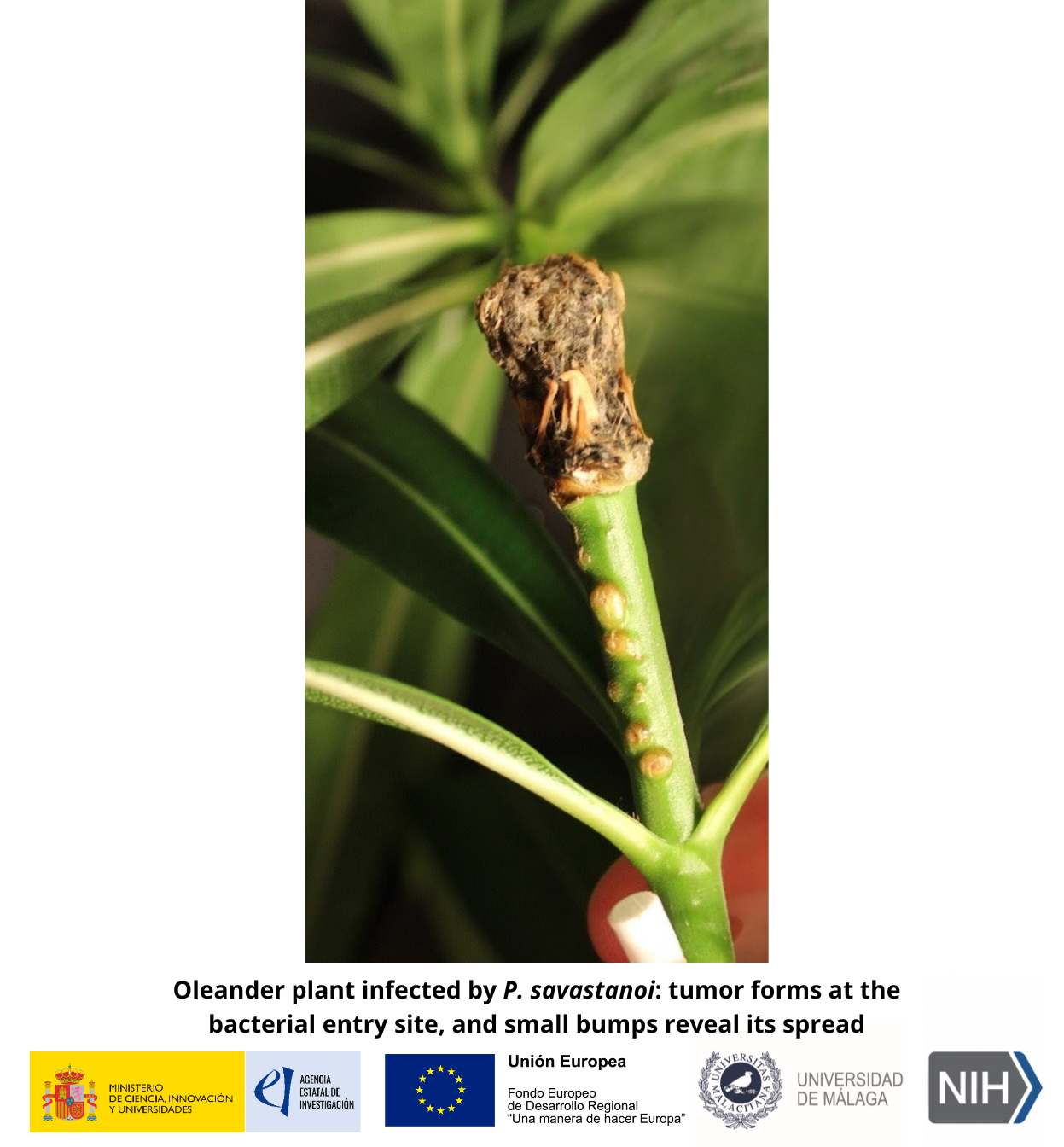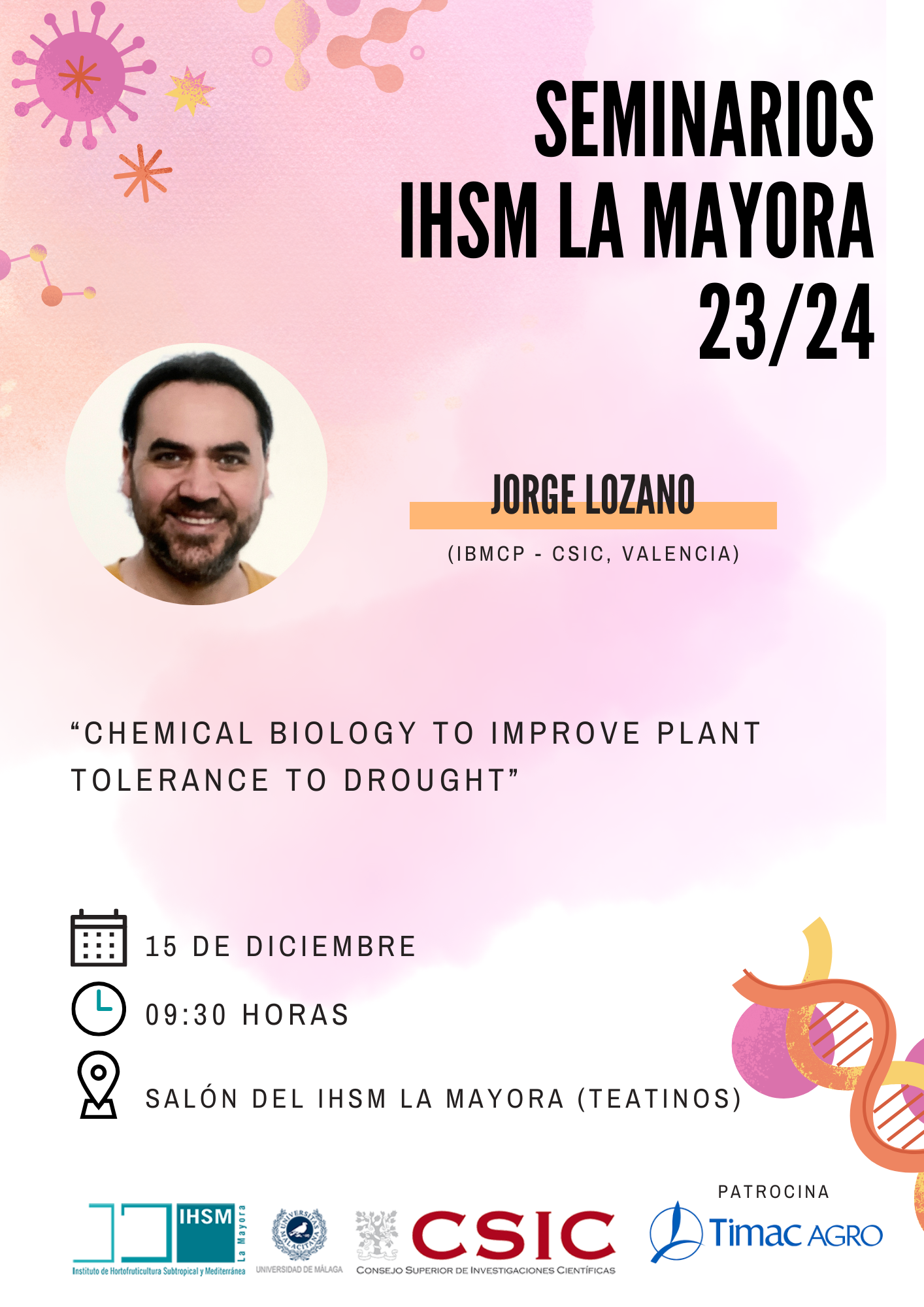
Seminarios IHSM La Mayora - Jorge Lozano (IBMCP-CSIC, Valencia)
According to the Food and Agriculture Organization of the United Nations (FAO), drought is the most destructive force in agriculture. During the last 30 years, the percentage of our planet affected by drought has more than doubled. Therefore, there is a pressing need for biotechnological tools directed at enhancing crop productivity under drought conditions to meet the needs of a growing population. At the center of plant biotechnology´s efforts to improve plant water stress is the plant hormone abscisic acid (ABA). In the plant cell, ABA is perceived by the family of PYR/PYL receptors. We have followed a drug discovery approach to design, synthesize and evaluate small molecules able to increase plant drought tolerance using ABA-receptors as targets. These molecules activate ABA-receptors, reducing plant transpiration and protecting plants from drought. Reduced water use after the treatment with our ABA-receptor agonists, allow plants to withstand a drought period in comparison to control treated plants. In this seminar I will present the results of two different projects. In the first one, we have combined protein engineering and ligand design to generate a synthetic ABA receptor (CsPYL15m) able to accommodate our designed ligand (iSB09). Treatment of CsPYL15m plants with iSB09 greatly improves drought tolerance in Arabidopsis. Furthermore, in a second project, we have focused on controlling water use efficiency with an ABA-receptor agonist able to activate ABA signaling and drought tolerance in crops. Our new compound is more effective than any other ABA-receptor agonist described to date and protects relevant crops (maize, wheat and tomato) from drought in laboratory set-ups and under field conditions. In summary, we have developed chemical tools to fight drought stress in agriculture, which we hope will contribute to improve plant productivity under climate change conditions.

